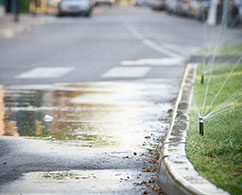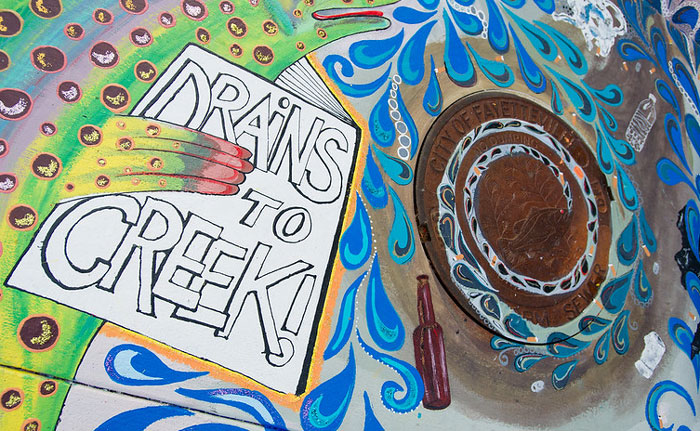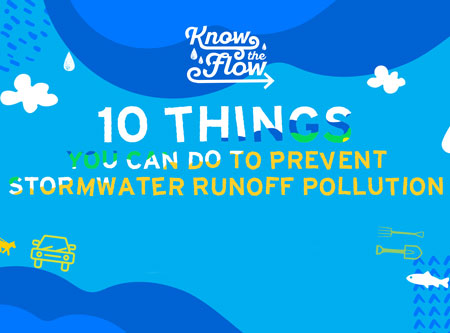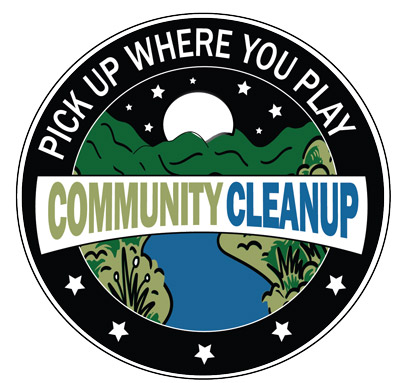Contact
Katie Teague (kteague@uada.edu)
Jane Maginot (jmaginot@uada.edu)
Kristen Crawley (kcrawley@uada.edu)
Northwest Arkansas Stormwater Program
Help us protect our waterways!
What is the NWA Urban Stormwater Education Program?
Eighteen Northwest Arkansas cities, Benton and Washington counties, and the University of Arkansas-Fayetteville are partnering with the U of A Division of Agriculture Cooperative Extension Service and the NWA Regional Planning Commission on a regional approach to stormwater management.
Both the EPA and the Arkansas Division of Environmental Quality have recognized the collaborative NWA Urban Stormwater Education Program as an innovative and effective pollution prevention education effort to help protect the region's water resources.
Arkansas Stormwater Education
What is stormwater runoff?
When it rains, snows or sleets in Arkansas, where does that water go? Does it soak into the ground? Does it sit in puddles until it evaporates? The water actually does both of those things, but some of the water will also flow over the land surface, heading downhill to the nearest ditch or stream. This is called stormwater runoff.
Why is stormwater education important?
In Arkansas cities and towns, the water cannot soak in through the pavement, rooftops, and concrete like it can into the soil. This means that there's more stormwater runoff in cities than in forests and fields. The water flows off impervious surfaces such as driveways, rooftops, sidewalks, and parking lots, and usually flows straight into a storm drain. These openings along roads and in parking lots connect to pipes which carry the water directly to your local stream or lake.
What can you do about stormwater management?

Learn more about stormwater policy and management, find out why stormwater is an issue.
We encourage you to explore what you can do about stormwater, including the environmentally friendly way to wash your car and what you can do about residential stormwater.
Know the Flow
Stormwater flows untreated down our streets and drains directly to local creeks. Thanks for doing your part to keep it free of trash and other pollutants such as pet waste, chemicals, auto fluids, fertilizers and yard waste.


